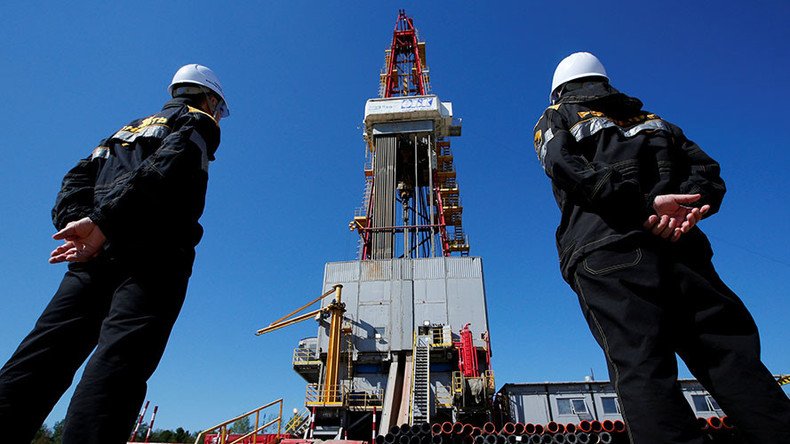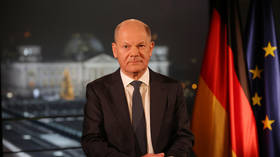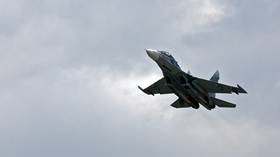Oil prices slightly rebound after last week’s fall

Crude oil prices were rising on Monday after OPEC committed itself to the handshake deal on capping cartel production. OPEC still wants to sign the agreement during the November 30 Vienna meeting despite recent setbacks in talks.
"We as OPEC remain committed to the Algiers accord that we... put together. All OPEC 14, we remain committed to the implementation," OPEC Secretary-General Mohammed Barkindo told reporters at a conference in Abu Dhabi.
Europe’s Brent crude benchmark was trading up 53 cents at $46.11 per barrel, while US West Texas Intermediate was at $44.72, up 65 cents.
Despite the bolstering statements many analysts doubt OPEC and non-members like Russia will be able to agree on a coordinated cut.
"Individual country details still remain challenging to agree upon. Iraq boosted production while Saudi Arabia asked for exceptions. Russia is still sitting on the sidelines, and none of the non-OPEC members consulted thus far has expressed any intention of a cut," said Barclays.
When OPEC reached its accord in Algeria in September, the group needed to cut between 850,000 to 1.35 million barrels per day to get total output down to the 32.5 million to 33 million bpd target.
Despite this, the cartel’s big four Gulf Arab producers were all producing near record levels in October as well as their main competitor Russia. OPEC crude oil production in October rose to another record, at 33.54 million bpd.
Russia pumped 11.2 million bpd last month, the biggest volume in the post-Soviet era. Another big non-OPEC producer Brazil is up 260,000 barrels in August from January, producing 2.61 million bpd.
Saudi Arabia has been threatening to increase production if no deal is reached in November, and even if Riyadh’s production doesn’t rise, exports could still increase, adding more glut to the market.
"Saudi local oil demand is falling, and just maintaining current output could imply higher exports," Barclays said.













